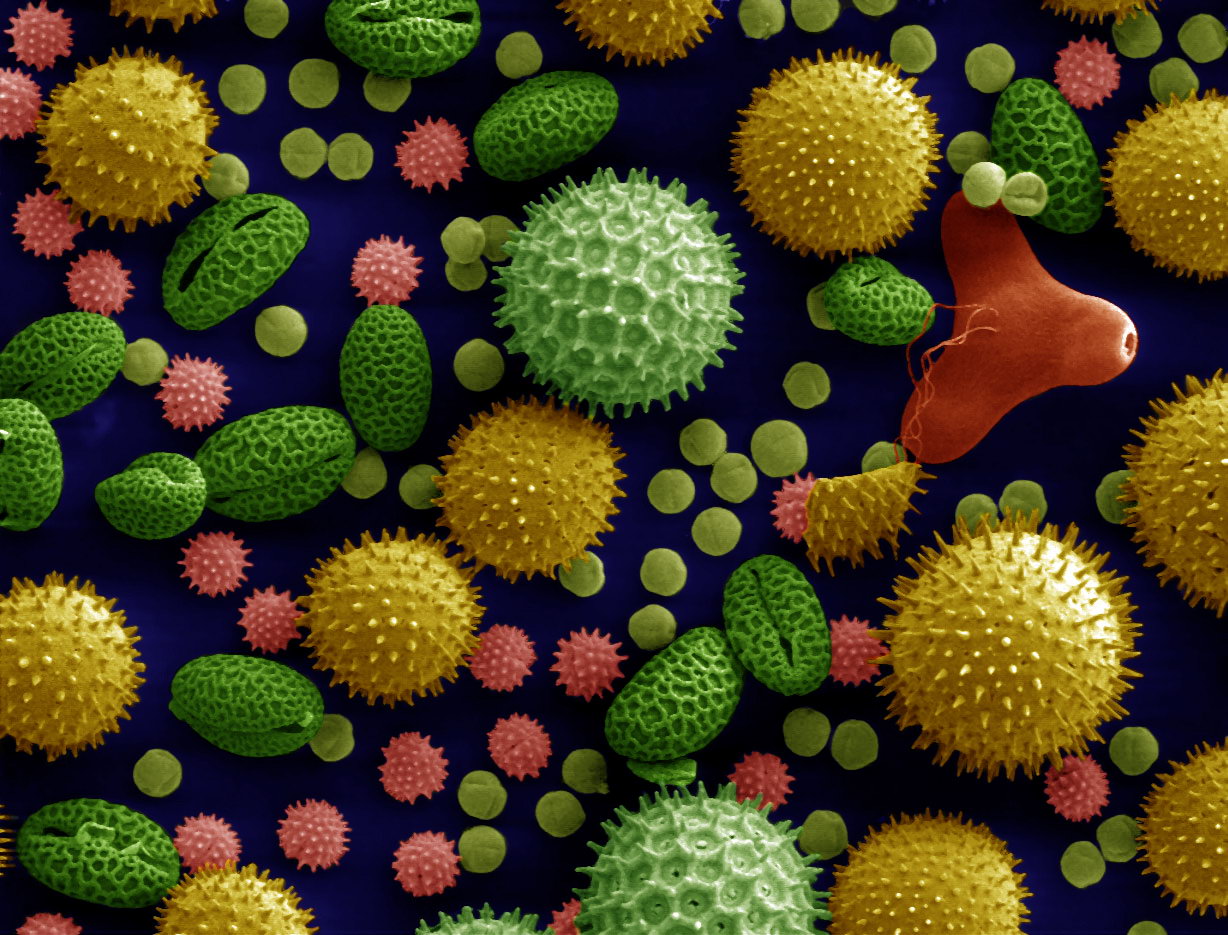|
6th New Zealand Parliament
The 6th New Zealand Parliament was a term of the Parliament of New Zealand. Elections for this term were held in 69 European electorates between 20 December 1875 and 29 January 1876. Elections in the four Māori electorates were held on 4 and 15 January 1876. A total of 88 MPs were elected. Parliament was prorogued in August 1879. During the term of this Parliament, five Ministries were in power. Sessions The 6th Parliament opened on 15 June 1876, following the 1875–1876 general election. It sat for four sessions, and was prorogued on 15 August 1879. Historical context Political parties had not been established yet; this only happened after the 1890 election. Anyone attempting to form an administration thus had to win support directly from individual MPs. This made first forming, and then retaining a government difficult and challenging. Ministries Since July 1875, the Pollen Ministry was in power, led by Premier Daniel Pollen. On 15 February 1876, the second Vogel Mi ... [...More Info...] [...Related Items...] OR: [Wikipedia] [Google] [Baidu] |
New Zealand Parliament
The New Zealand Parliament ( mi, Pāremata Aotearoa) is the unicameral legislature of New Zealand, consisting of the King of New Zealand ( King-in-Parliament) and the New Zealand House of Representatives. The King is usually represented by his governor-general. Before 1951, there was an upper chamber, the New Zealand Legislative Council. The New Zealand Parliament was established in 1854 and is one of the oldest continuously functioning legislatures in the world. It has met in Wellington, the capital of New Zealand, since 1865. The House of Representatives normally consists of 120 members of Parliament (MPs), though sometimes more due to overhang seats. There are 72 MPs elected directly in electorates while the remainder of seats are assigned to list MPs based on each party's share of the total party vote. Māori were represented in Parliament from 1867, and in 1893 women gained the vote. Although elections can be called early, each three years Parliament is dissolved and ... [...More Info...] [...Related Items...] OR: [Wikipedia] [Google] [Baidu] |
Hercules Robinson, 1st Baron Rosmead
Hercules George Robert Robinson, 1st Baron Rosmead, (19 December 1824 – 28 October 1897), was a British colonial administrator who became the 5th Governor of Hong Kong and subsequently, the 14th Governor of New South Wales, the first Governor of Fiji, and the 8th Governor of New Zealand. From June 1859 until August 1896, he was known as Sir Hercules Robinson. Early life and Government career He was of Irish descent on both sides; his father was Admiral Hercules Robinson, his mother was Frances Elizabeth Wood, from Rosmead, County Westmeath, from which he afterwards took his title. From the Royal Military College, Sandhurst, he was commissioned into the 87th Foot as a Second Lieutenant on 27 January 1843, he was promoted Lieutenant by purchase on 6 September 1844, and reached the rank of Captain. However, in 1846, through the influence of Lord Naas, Robinson obtained a post in the Board of Public Works in Ireland and subsequently became chief commissioner of fairs and mark ... [...More Info...] [...Related Items...] OR: [Wikipedia] [Google] [Baidu] |
Daniel Pollen
Daniel Pollen (2 June 181318 May 1896) was a New Zealand politician who became the ninth premier of New Zealand, serving from 6 July 1875 to 15 February 1876. Early life The son of Hugh Pollen, a dock master, Pollen was born in Ringsend, Dublin. Little is known about the early part of his life, but it is supposed that he grew up in Ireland and in the United States of America.Alexander H. McLintock, ''An encyclopaedia of New Zealand'', vol. 2 (1966), p. 814 However, his father was dock master of the Grand Canal Company at Ringsend in 1812, still held that office in 1832, and died in 1837 to be succeeded as dock master by Thomas Pollen. On some accounts, Pollen's father helped to build the United States Capitol. A doctor, Pollen claimed to hold the MD degree, although where he graduated is not recorded.L. K. Gluckman, Ann Gluckman, Mike Wagg, ''Touching on Deaths: a medical history of early Auckland'' (2000), p. 83: "DANIEL POLLEN (1813-1896) Pollen was born in Dublin although it ... [...More Info...] [...Related Items...] OR: [Wikipedia] [Google] [Baidu] |
Pollen Ministry, 1875–76
Pollen is a powdery substance produced by seed plants. It consists of pollen grains (highly reduced microgametophytes), which produce male gametes (sperm cells). Pollen grains have a hard coat made of sporopollenin that protects the gametophytes during the process of their movement from the stamens to the pistil of flowering plants, or from the male cone to the female cone of gymnosperms. If pollen lands on a compatible pistil or female cone, it germinates, producing a pollen tube that transfers the sperm to the ovule containing the female gametophyte. Individual pollen grains are small enough to require magnification to see detail. The study of pollen is called palynology and is highly useful in paleoecology, paleontology, archaeology, and forensics. Pollen in plants is used for transferring haploid male genetic material from the anther of a single flower to the stigma of another in cross-pollination. In a case of self-pollination, this process takes place from the anther of ... [...More Info...] [...Related Items...] OR: [Wikipedia] [Google] [Baidu] |


